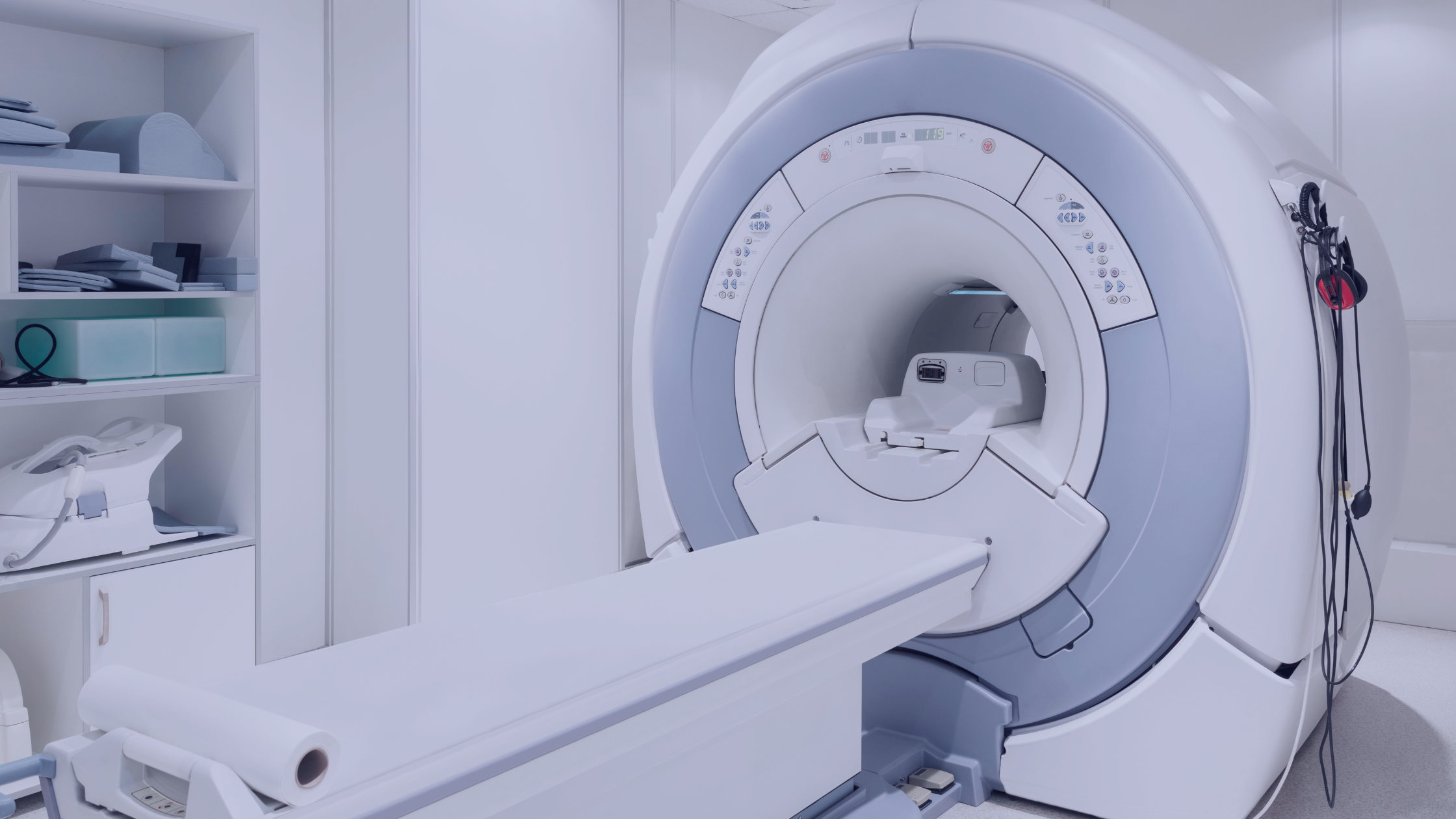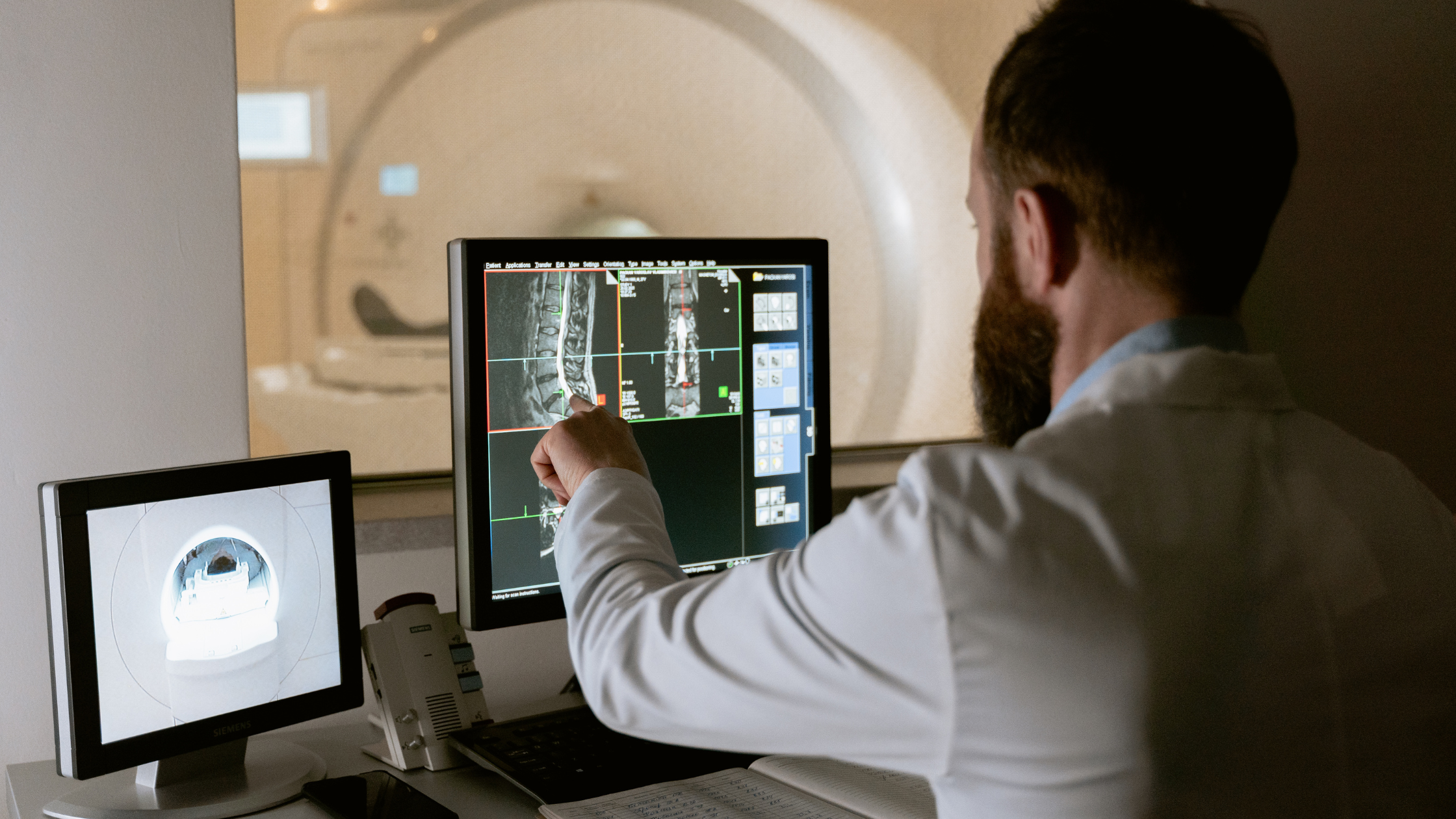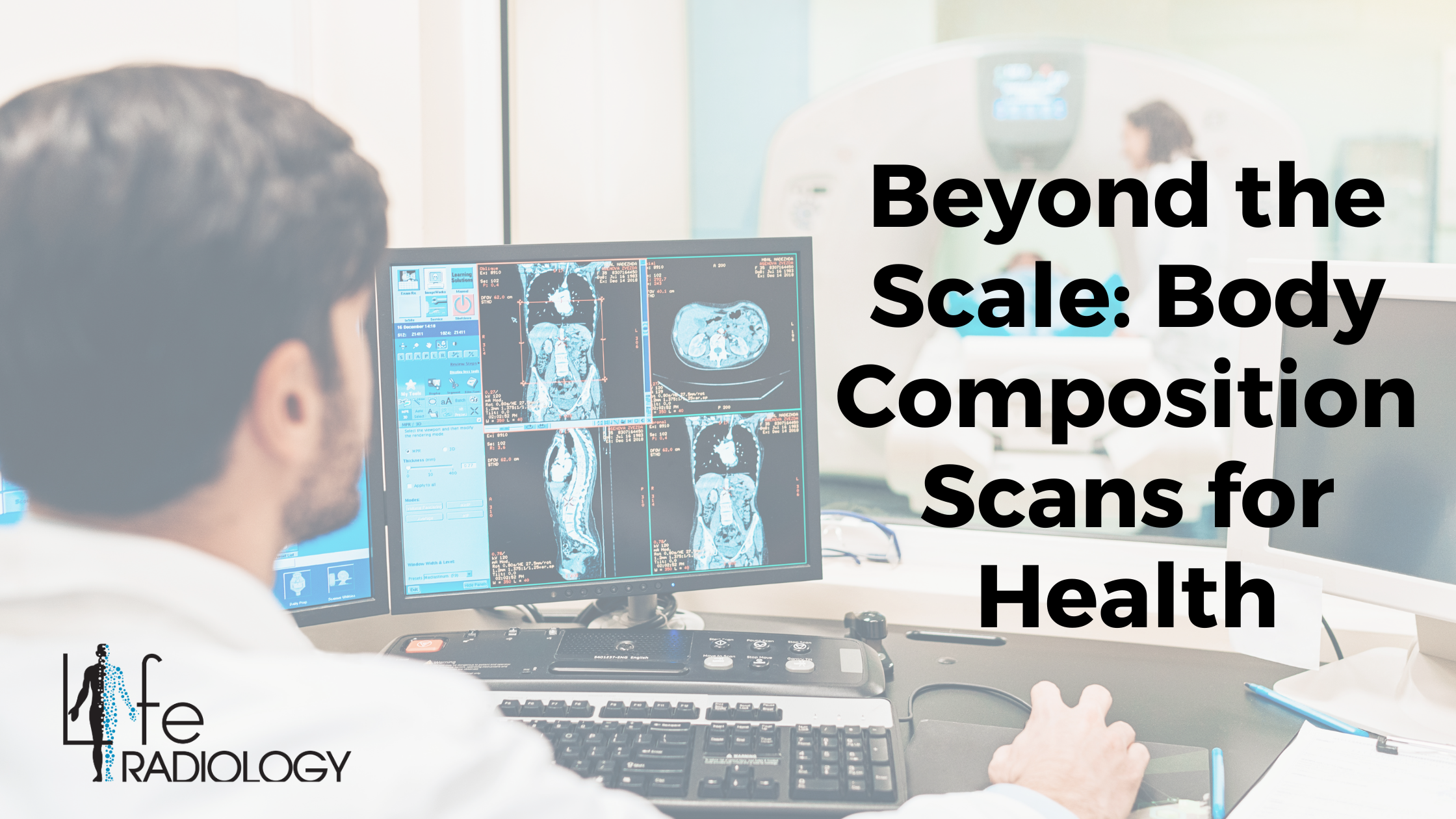Kidney Health: Complications, Prevention, and Testing
When someone is diagnosed with chronic kidney disease (CKD), their kidneys are damaged, which can eventually reduce their ability to filter blood. This reduced kidney function leads to the buildup of harmful toxins and extra fluid in the body, increasing the risk of high blood pressure, heart problems, stroke, and early death.
However, people diagnosed with CKD, or those at risk, can take proactive steps to protect their kidney health by working closely with their healthcare providers.
Chronic kidney disease (CKD) is common among adults in the United States.
Key Statistics:
- About 15% of adults in the U.S. have chronic kidney disease, which is roughly 37 million people.
- More than 1 in 7 adults in the U.S., or about 35.5 million people (14%), have CKD.
- Up to 9 out of 10 adults with severe CKD don't know they have it.
- About 1 in 3 adults with severe CKD are unaware of their condition.
Complications of Chronic Kidney Disease:
Chronic kidney disease (CKD) is a multifaceted condition with far-reaching implications beyond impaired kidney function. As CKD progresses, it actively undermines various bodily systems, leading to a myriad of complications that significantly affect patients' health and quality of life.
Cardiovascular Complications:
CKD significantly heightens the risk of heart attacks, strokes, and other cardiovascular events. Impaired kidney function fosters toxin buildup, disrupting normal cardiovascular function and causing arterial stiffness, hypertension, and atherosclerosis. Electrolyte imbalances like hyperkalemia further exacerbate these complications.
Anemia:
CKD often induces anemia due to decreased kidney erythropoietin production, resulting in fatigue, weakness, and reduced exercise tolerance.
Bone Disorders:
Mineral imbalances in CKD disrupt bone health, escalating the risk of renal osteodystrophy, osteoporosis, and fractures. Secondary hyperparathyroidism exacerbates bone loss, causing bone pain and reduced mobility.
Neurological Complications:
CKD-related neuropathy can induce numbness, tingling, and muscle weakness. Autonomic neuropathy leads to gastrointestinal and urinary issues, cardiovascular instability, and sexual dysfunction. Advanced stages may manifest as uremic encephalopathy, causing cognitive impairment.
Symptoms of Chronic Kidney Disease (CKD):
- Fatigue
- Swelling
- Changes in Urination
- Shortness of Breath
- High Blood Pressure
- Nausea and Vomiting
- Itching
- Muscle Cramps and Weakness
- Difficulty Concentrating
- Sleep Problems
Exploring Risk Factors for Chronic Kidney Disease (CKD):
- Diabetes
- Hypertension
- Obesity
- Smoking
- Family History
- Age
- Race and Ethnicity
- Other Medical Conditions
- Medications and Toxins
- Lifestyle Factors
Understanding Kidney Function Tests:
Early detection of kidney dysfunction is crucial for timely intervention. Various kidney function tests aid in assessing renal health. The estimated glomerular filtration rate (eGFR) measures the kidneys' filtering capacity. At the same time, creatinine and blood urea nitrogen (BUN) levels provide insights into waste product accumulation—Urinalysisexamines urine for abnormalities such as proteinuria and hematuria, indicating potential kidney damage. Imaging tests like ultrasounds and CT scans help visualize kidney structure and detect anomalies.
Types of Kidney Function Tests:
- Glomerular Filtration Rate (GFR)
- Serum Creatinine and Blood Urea Nitrogen (BUN) Levels
- Urinalysis
Treatment Options for Chronic Kidney Disease (CKD):
Lifestyle Modifications:
In the early stages of CKD, lifestyle modifications are crucial in managing the condition and slowing its progression. These modifications may include:
- Following a kidney-friendly diet low in sodium, potassium, and phosphorus
- Engaging in regular physical activity
- Quitting smoking and limiting alcohol intake
- Managing underlying health conditions such as diabetes and hypertension
Medication Therapy:
Doctors prescribe various medications to manage symptoms, control blood pressure, and slow the progression of CKD. These medications may include:
- Angiotensin-converting enzyme (ACE) inhibitors and angiotensin II receptor blockers (ARBs)
- Diuretics
- Phosphate binders
- Erythropoiesis-stimulating agents (ESAs)
- Statins
Dialysis:
In the later phases of CKD, dialysis might become essential for eliminating waste products and surplus fluids from the bloodstream.
Kidney Transplantation:
For individuals with end-stage kidney disease (ESKD), kidney transplantation may offer the best long-term treatment option.
Palliative Care:
In cases where CKD has progressed to an advanced stage, palliative care focuses on symptom management and improving the patient's quality of life.
Preventive Care:
Screening is a cornerstone in averting kidney diseases by acknowledging risk factors and detecting early signs of dysfunction. It is crucial to consider screening recommendations for high-risk populations, including individuals with diabetes, hypertension, or a family history of kidney disease.
Conclusion:
Through lifestyle adjustments, medication regimens, dialysis, kidney transplantation, and palliative care, healthcare providers can proficiently address CKD, thereby augmenting patient outcomes and enhancing the quality of life for those enduring this persistent ailment. Customized treatment strategies tailored to individual patient requirements and CKD progression are imperative. Additionally, prioritizing preventive measures, such as routine screenings and lifestyle modifications, is pivotal in alleviating the impact of CKD and advocating for global kidney health.
(FAQs) about chronic kidney disease (CKD):
What is chronic kidney disease (CKD)?
-
- CKD is a long-term condition where the kidneys gradually lose their function over time, leading to a buildup of waste and fluid in the body.
What causes chronic kidney disease?
-
- Various factors, including diabetes, high blood pressure, glomerulonephritis, polycystic kidney disease, and prolonged use of certain medications, can cause CKD.
What are the symptoms of chronic kidney disease?
-
- Symptoms of CKD can include fatigue, swelling in the legs, ankles, or feet, changes in urination patterns, shortness of breath, high blood pressure, nausea, and itching.
How is chronic kidney disease diagnosed?
-
- CKD is typically diagnosed through blood tests to measure kidney function (e.g., serum creatinine, estimated glomerular filtration rate) and urine tests to check for protein or blood in the urine.
Can chronic kidney disease be prevented?
-
- While some risk factors for CKD, such as age and family history, cannot be controlled, adopting a healthy lifestyle, managing conditions like diabetes and high blood pressure, and avoiding nephrotoxic medications can help reduce the risk of developing CKD.
What are the treatment options for chronic kidney disease?
-
- Treatment for CKD aims to slow the progression of the disease, manage symptoms, and prevent complications. This may include lifestyle changes (e.g., diet, exercise), medication therapy (e.g., blood pressure medications, erythropoiesis-stimulating agents), dialysis, and kidney transplantation.
How often should individuals with chronic kidney disease have check-ups?
-
- The frequency of check-ups for individuals with CKD depends on the stage of the disease and the presence of other health conditions. Generally, regular monitoring of kidney function, blood pressure, and other parameters is recommended, with intervals determined by the healthcare provider.
Can chronic kidney disease lead to other health problems?
-
- Yes, CKD can increase the risk of complications such as cardiovascular disease, anemia, bone disease, and electrolyte imbalances. Managing CKD effectively can help reduce the risk of these complications.
4o





